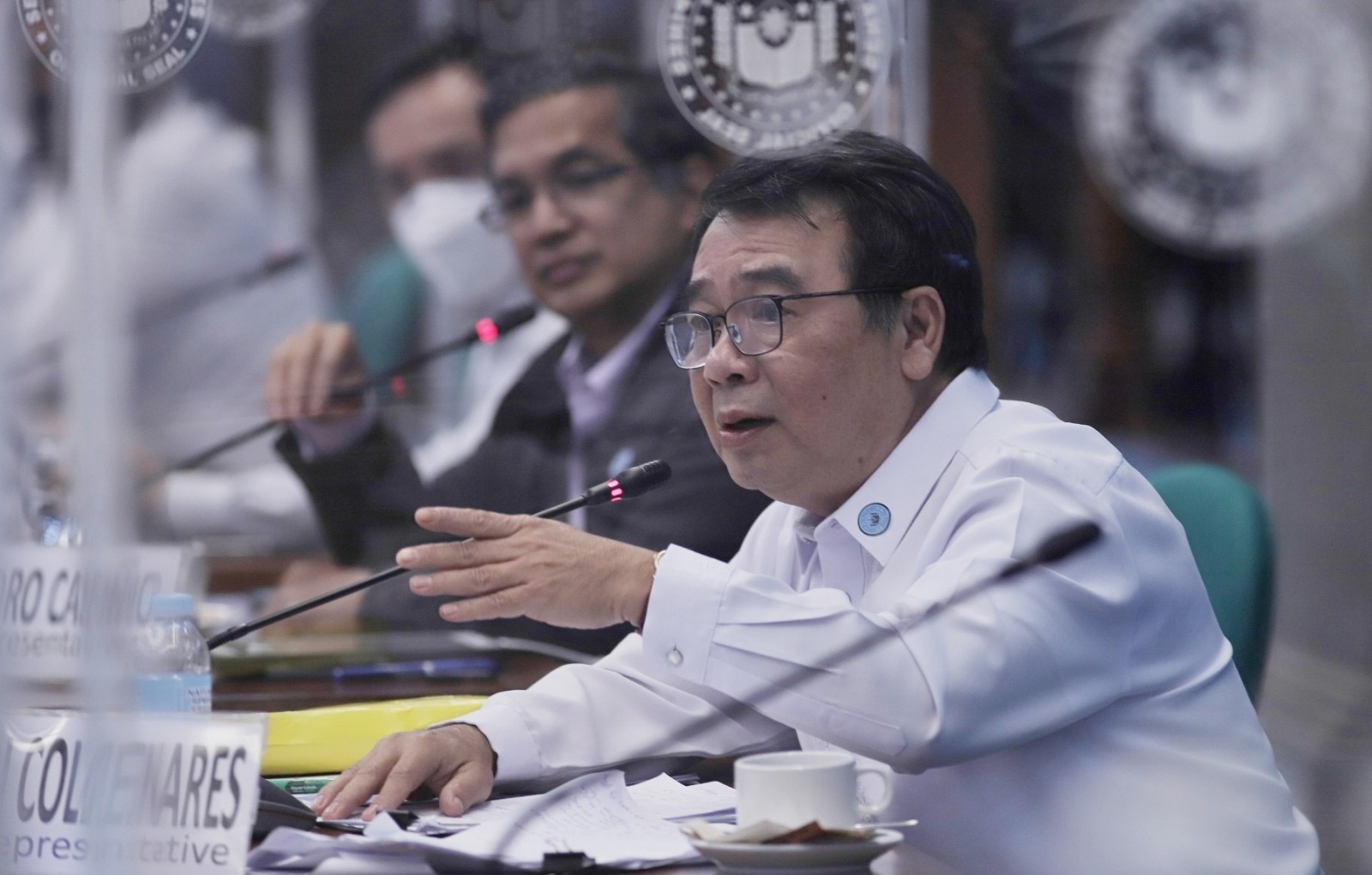
Lawyer Neri Colmenares, former Bayan Muna oarty-list representative. —File photo from the Senate Public Relations and Information Bureau
MANILA, Philippines — Veteran labor rights advocate Neri Colmenares urges the Social Security System (SSS) to suspend its implementation of higher contribution rates as it will be burden to those already struggling with rising prices of essential goods.
In a statement, he condemned the contribution hike and described it as unreasonable.
“This SSS contribution hike is absolutely unconscionable. Workers are already dealing with increased water rates from both Maynilad and Manila Water, higher electricity rates from Meralco, and now they have to shoulder bigger SSS contributions,” Colmenares, a former Bayan Muna House representative, said.
READ: SSS 2023 net income soars to all-time high of P83B
He also pointed out that the full release of the P1,000 pension increase was still pending, and yet workers were already being burdened with additional payments.
“The SSS is shameless in raising the contribution rate even though the promised pension increase has not yet been delivered. For the SSS board, the fund life of the SSS and their high salaries and perks are more important than the lives of its members, who are the source of the agency’s funds. SSS is just like PhilHealth, which is obsessed with its funds rather than the benefits of its members,” he said in Filipino.
Colmenares further stressed that the SSS had not explained its current collection rate.
“Why impose new rates when they can’t even efficiently collect the old ones? The new rates must be suspended until SSS has demonstrated improved collection efficiency,” he said.
READ: Colmenares to pursue SSS veto override
The SSS contribution rate increased from 14 percent to 15 percent effective January 1 this year to secure the financial wealth of the state-run pension fund.
This affects private sector employees, household workers, self-employed individuals, voluntary members, and land-based overseas Filipino workers.